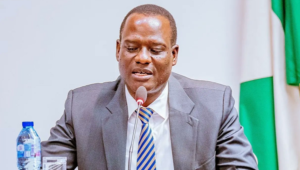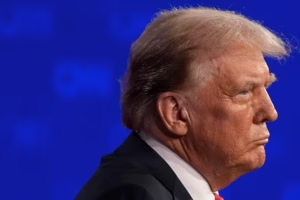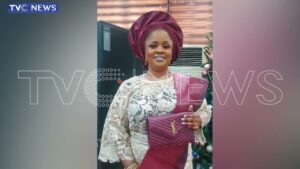Justice Emeka Nwite of the Federal High Court in Abuja on Friday fixed December 5 for continuation of trial within trial for five defendants who allegedly bombed the United Nations House in Abuja.
The trial within trial involving video clip play in the court room is to determine the genuiness or otherwise of the allegations by the defendants that they made their extra judicial statements to the Department of the State Service (DSS) under duress.
The five terror suspects led by Khalid Al‑Barnawi are accused by DSS of being the masterminds of the August 26, 2011, bombing of the United Nations Complex in Abuja, in which 20 people were killed and more than 70 others injured.
Captured in 2016, Al Barnawi is facing trial along with four other terror defendants – Mohammed Bashir Saleh, Umar Mohammed Bello aka Datti, Mohammed Salisu, and Yakubu Nuhu aka Bello Maishayi.
The trial has been delayed for an extended period due to legal and procedural issues, including the suspects being occasionally brought to court without any counsel appearing for them.
The DSS recently requested the court to grant accelerated hearing in the case, a request Justice Nwite granted.
At today’s proceedings, three video clips on how the statements of Al Barnawi were played in the court by DSS lawyers to debunk the allegations of defendants that their statements were not made voluntarily.
Following the conclusion of video watch of the first defendant, Justice Nwite fixed December 5 for the commencement of the video watch on other defendants.
Justice Nwite admitted the extra judicial statements made by three other terror accused persons to the Department of State Service (DSS) in the terrorism charges preferred against them.
The defendants are being tried for allegedly spying on the US, and Israel s interests for individuals in Iran.
Haruna Ali Abbas, Ibrahim Hussaini Musa and Adam Sulaiman were accused of spying on the US, and Israel ‘s interests for individuals in Iran.
The case, which has been ongoing since 2014 and re-assigned multiple times, reached a point in August 2025 during a trial-within-trial to determine if the defendants’ alleged extra-judicial statements were made voluntarily or under dures
The defendants claimed that they were coerced, harassed and intimidated to make their statements, while the prosecution argued that the statements were made voluntarily and kept in a conducive atmosphere.
The prosecution claimed that the accused persons read through the statements, through the cautionary words and signed, hence, should be admitted in evidence.
Justice Nwite who ordered a trial within trial allowed both parties to call witnesses who gave evidence.
The prosecution who called three witnesses said they conducted their operations within the best standard procedure, as they paid attention to the welfare of suspects in their custody in terms of food and medications while also allowing them access to their families.
The defendants on the other hand recounted their alleged torture in the DSS facility, alleging that they were beaten and given inhuman treatment.
After hearing arguments from both the prosecution and defense counsel, Justice Nwite on Friday ruled that the defendants statements be admitted in evidence.
The Judge held that the prosecution through the witnesses proved to the court that they were not forced to make their statements.
Justice Nwite after admitting the statements as exhibits adjourned the matter to January 22, 2026 for substantive hearing.





